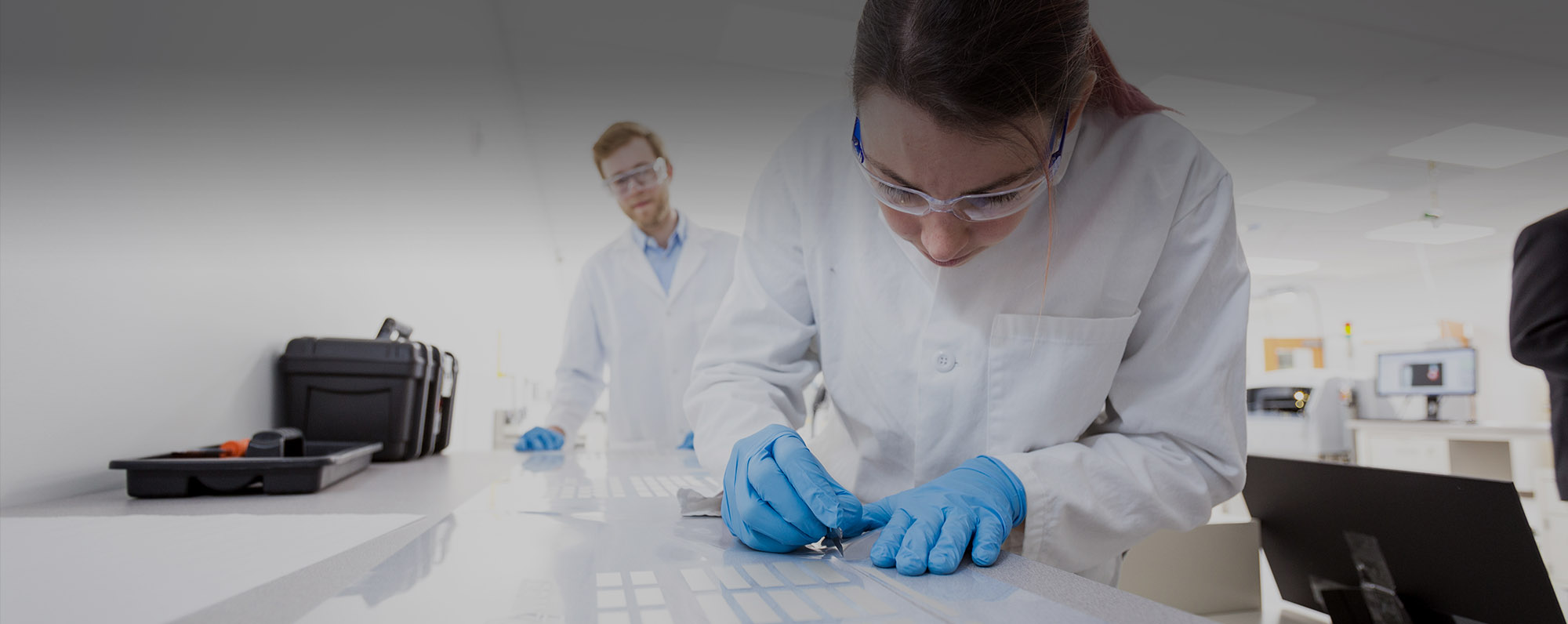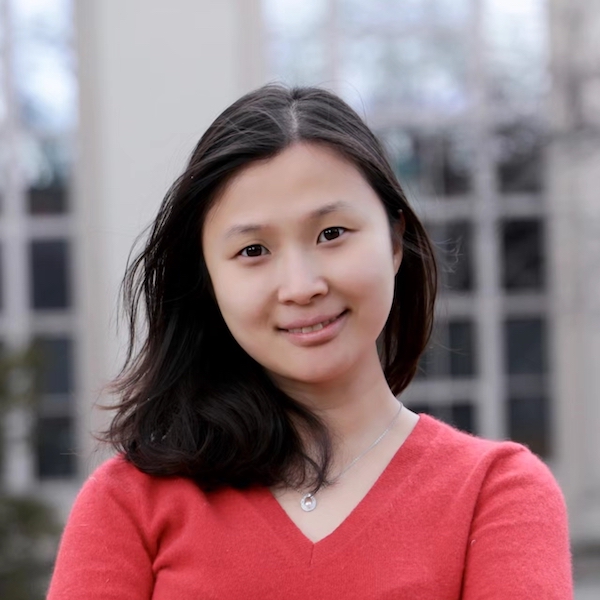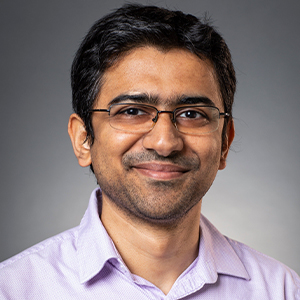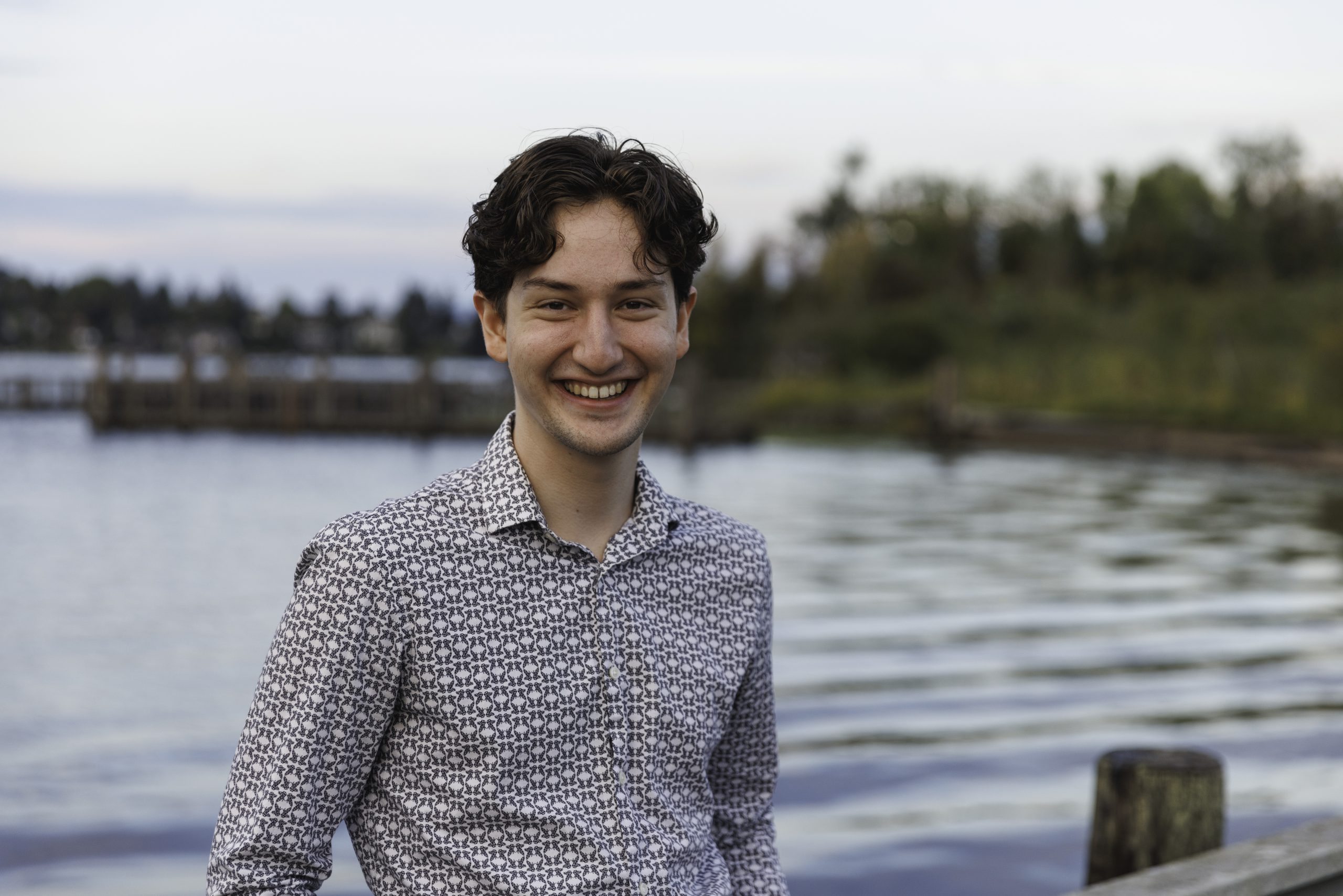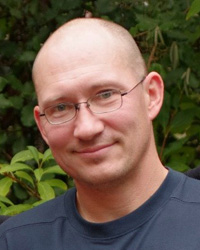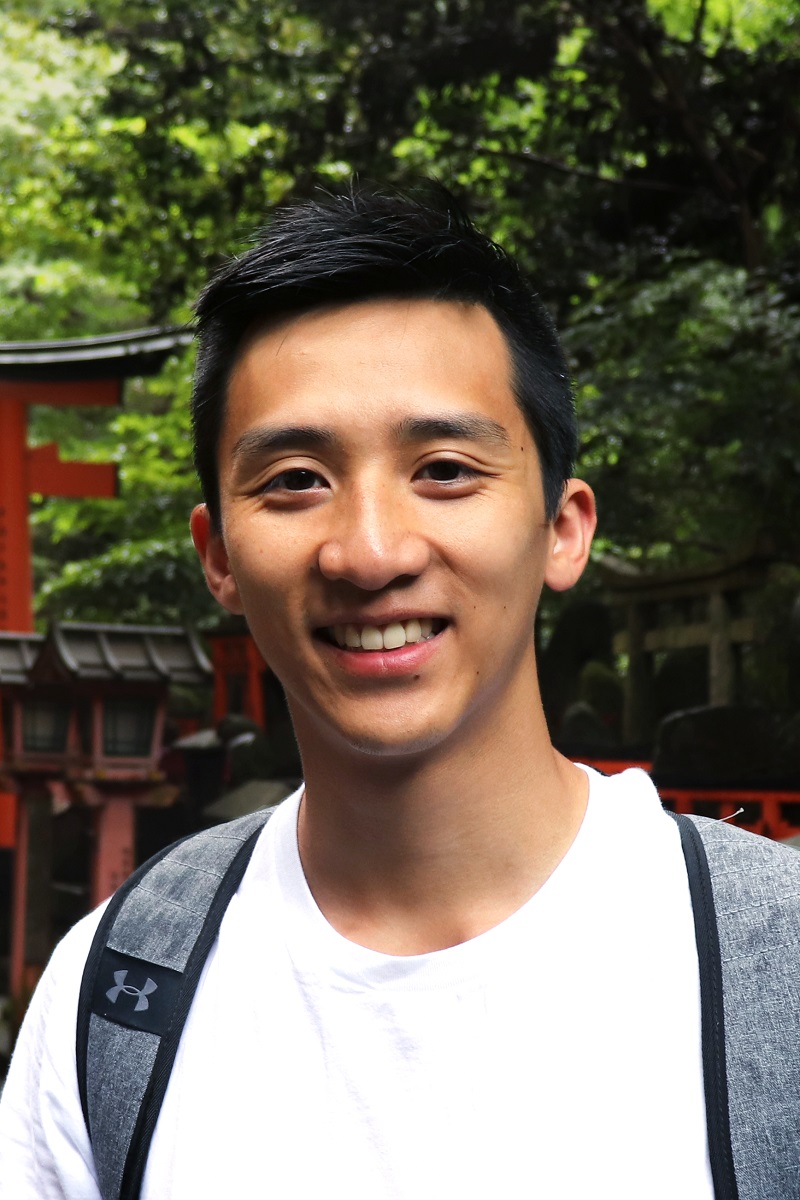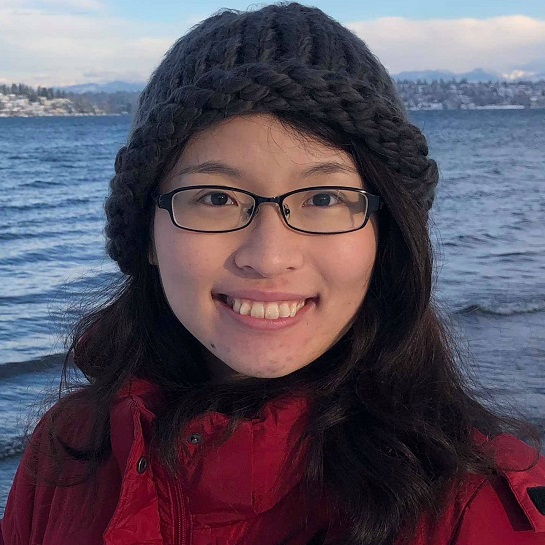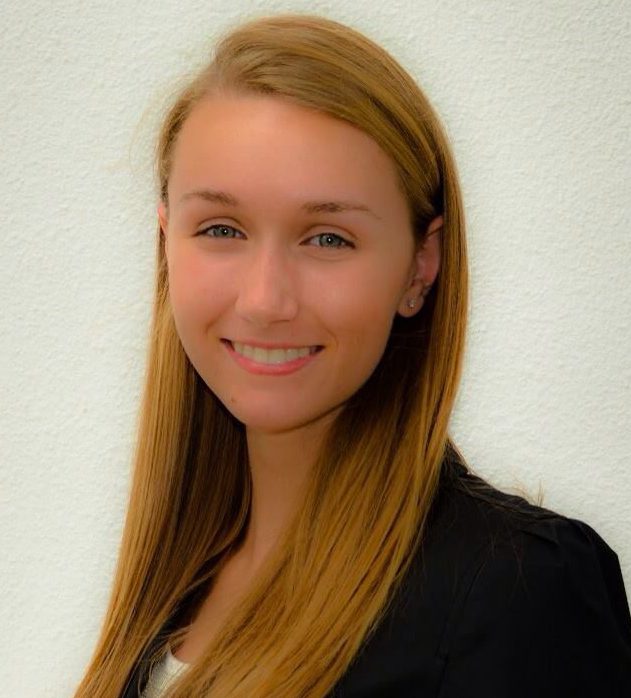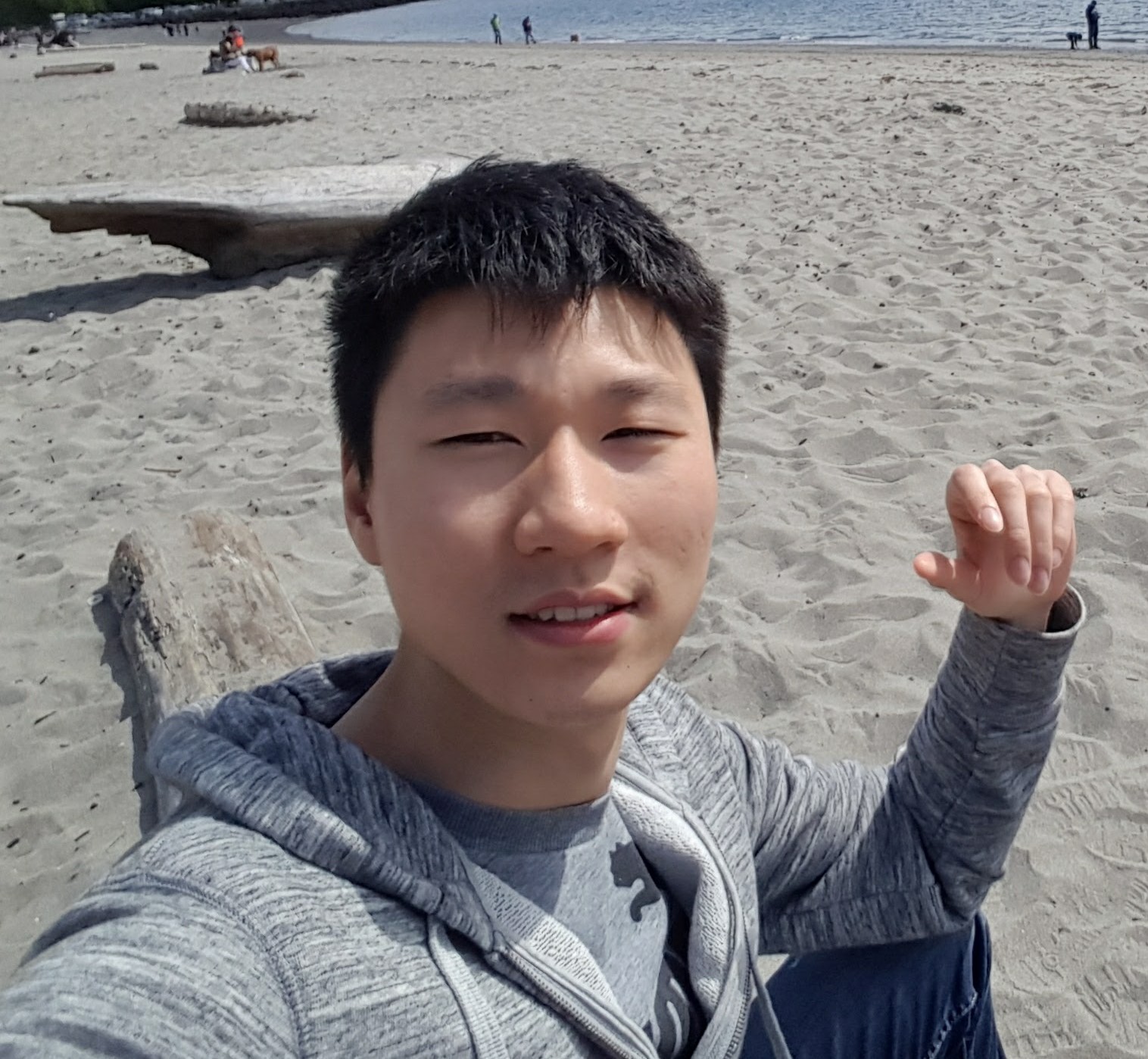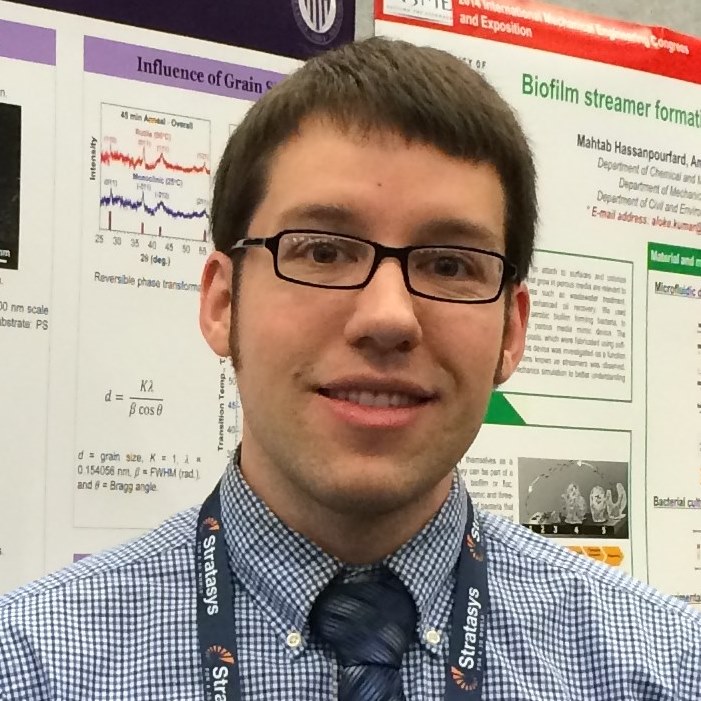Shijing Sun
Assistant Professor of Mechanical Engineering Dr. Shijing Sun's research lies at the crossroads of materials science, data science, and robotics, driving interdisciplinary studies into autonomous materials design for clean energy technologies. With a vision to address global energy, climate, and sustainability challenges, Dr. Sun’s interests span from understanding the fundamental structure-function relationships of inorganic materials to tool development incorporating artificial intelligence for amplified research capacities and efficiency. She joined UW from the Toyota Research Institute where she worked on EV energy storage. She previously worked at MIT applying data science to thin film photovoltaics. Email | Website | LinkedIn...
Aniruddh Vashisth
Assistant Professor of Mechanical Engineering The Vashisth research lab focuses on energy efficient, advanced manufacturing of materials and composites. Specifically, we are interested in using low-frequency electromagnetic fields (1-200 MHz) and plasma for manufacturing and processing composites, synthesis of batteries materials, and recycling polymers. Additionally, the lab also couples experimental work with molecular simulations. Our lab uses reactive molecular dynamics to understand the reactive events that drive and can potentially be optimized for advanced manufacturing. The Vashisth lab is part of the Microsoft Climate Research Initiative. Email | Website | LinkedIn...
Ethan Schwartz
I am a second year Ph.D. student in mechanical engineering, working in the Washington Clean Energy Testbeds with Dr. Devin Mackenzie. My research focuses on process optimization of scalable thin film photovoltaic technology. As a mechanical engineer, I have a unique perspective working in a largely material space, spending my time optimizing manufacturing processes such as slot die coating and gas quenching to control crystallization mechanisms, laser scribing for circuit integration, and building a large throughput physical vapor deposition system to expedite experiments. My degree also focuses in data science, where I plan to take these unique tools I have designed and develop machine...
Igor Novosselov
Igor Novosselov is a Research Professor in the Department of Mechanical Engineering at the UW. The Novosselov Research Group (NRG) conducts a range of basic and applied research in the areas of fluids dynamics and energy. The multidisciplinary research at the NRG laboratory spans several areas, namely: sampling and analysis of particulate matter, particle surface interaction in the boundary layer, ionized flow near surfaces, combustion aerosol synthesis and deposition, modeled based combustion control, and chemical kinetics in supercritical water reactor. NRG's research in energy and fluids is united by applying the first principles to solve practical problems in Aerosol Science and Energy Conversion systems. Email |...
Kristina Gill
With global temperatures rising, technologies that can improve energy efficiency of heating and cooling are more important than ever before. The energy use of buildings and transportation vehicles due to lighting, cooling and heating corresponds to about 40% of the world’s annual energy consumption. Windows are the leading source of energy loss for buildings and vehicles. One way to reduce this energy loss is to use smart windows with thermochromic coatings which can spontaneously modulate the solar energy transmission in response to the ambient temperature. Vanadium dioxide (VO2) is a promising candidate for these coatings due to a stable, rapid, reversible metal-to-insulator transition across a...
Vinh Nguyen
The Internet of Things (IoT) holds immense promise for energy sustainability but has a critical limitation: traditional energy storage cannot meet the power, energy, and size requirements of devices that power the IoT. Batteries that utilize specialized 3D geometries can meet these requirements, but manufacturing these batteries is currently time-intensive, inflexible, and requires laborious post-process integration. I will address these limitations by developing a manufacturing workflow that can print customized, integrated energy storage on-demand. First, I will develop a specialized manufacturing platform with custom printheads and tools. I will use this platform to 3D print a customized battery using a single-step, automated procedure that simplifies...
Doris Hung
My research focuses on developing a computational artificial intelligence framework for 3D lithium-ion batteries. Conventional battery manufacturing only considers monolithic, planar electrode architectures that have a fundamental trade-off between power and energy density. 3D batteries overcome this trade-off by enhancing ion transport with their engineered electrode architectures. I am currently developing a model framework that can automatically generate and optimize electrode architectures based on a set of user-defined design requirements. Advisor: Corie Cobb - Mechanical Engineering...
Courtney Otani
I plan on researching the mixing of supercritical carbon dioxide (CO2) with organic solvents in the context of continuous flow metal organic framework (MOF) synthesis. Advisor: Igor Novosselov - Mechanical Engineering ...
Elizabeth Rasmussen
During the award period I will experiment on how temperature and pressure changes within the supercritical phase effect nanoparticles and presence of toxic products. Advisor: Igor Novosselov - Mechanical Engineering ...
Boyuan Huang
During the CEI Fellowship period, I will explore how optimized microstructure help achieve high-performance perovskite solar cells with long-term stability. Advisor: Jiangyu Li - Mechanical Engineering ...
Mark Miller
Energy-efficient coatings for windows could have a major impact for both residential and commercial applications. Advisor: Junlan Wang, Mechanical Engineering ...
- 1
- 2



